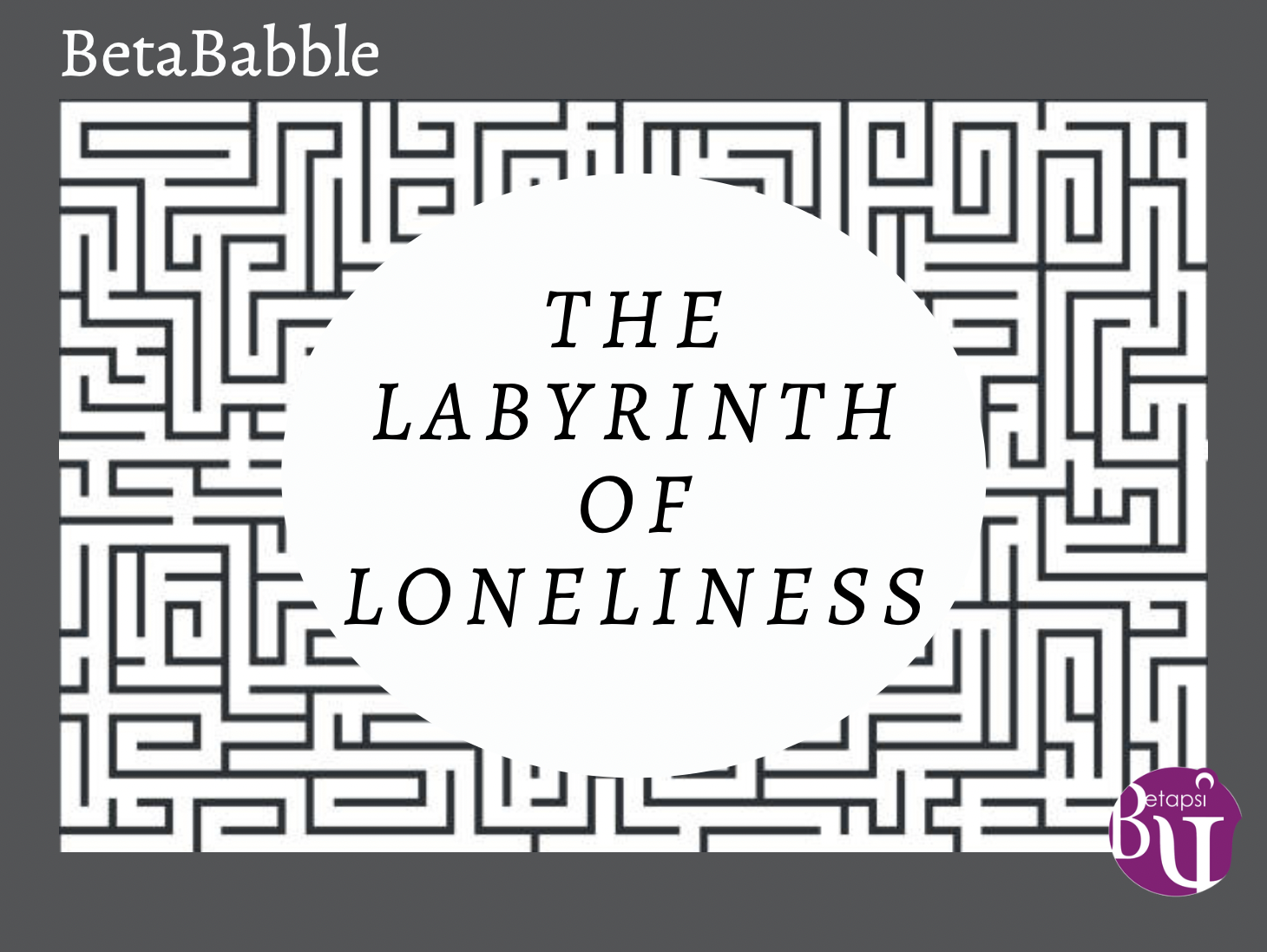
The theme for Mental Health Awareness Week this year is loneliness. In my view, there isn’t any other theme I can think of that could be as topical as loneliness when considering the day and age in which we are living. When considering the economic and emotional challenges that lockdown and quarantine due to Covid-19 brought with them during recent years, the daily stressors of the hectic modern urban life, the endless social comparison we are tempted to engage in through the use of social media, the consumption of endless news of wars and tragedies and the constant reminder of the looming death of our planet due to environmental pollution and climate change, it is easy to see why somebody would become disillusioned with this complicated life we lead. When adding personal struggles and traumas to all of the above, it is not unreasonable to imagine how one might start feeling disconnected from it all. However, the consequence of disconnection is isolation and isolation breeds loneliness. Very unpleasant emotions tend to accompany loneliness, including feelings of emptiness, uselessness, personal threat and lack of control. Loneliness can even lead to unhealthy and dangerous behaviours such as self-harm and in severe cases suicidal behaviours.
One can understand loneliness as the emotionally painful experience that arises from feeling alone. However, an emphasis should be placed on the word feeling. We may imagine a lonely person as someone who is physically cut off from the world and society, spending most of, if not all, their time alone without much physical or social contact with others. Though physical isolation would certainly lead to the pain of loneliness in most people, the concept of loneliness extends much more broadly than this. One may be surrounded by a hundred people and still feel lonely. You may know what I mean. Surely some of you have attended a party full of people you didn’t know or weren’t comfortable with and felt extremely alone despite the crowd. A crowd of people, even those you may call your friends, who you feel estranged from or who you are unable to connect with for whatever reason can make you feel as alone as if you were stranded on a small boat in the middle of the ocean. Despite this, it is still surprising we haven’t solved the problem of loneliness with all our recent technological advancements. With the advent of social media, where one can talk to anyone in the world 24/7 whenever they please, the fact that loneliness is still quite a significant existential battle for our species can be seen by some as being quite baffling.
Perhaps the only way to fully understand the cause of loneliness and the cure that would alleviate it is by looking beneath the surface. There is value in looking externally, but to truly understand the experience of loneliness, it is crucial for us to look internally as well and to reflect about the learnt patterns of thought and emotion which we use to relate with ourselves and others. From the moment we are born, our innate nature meets the environment and begins to shape our minds, our psychology. In certain cases, we may adapt to unfavourable situations out of necessity. However, these less-than-ideal adaptations, especially if used habitually, may give rise to the formation of learnt unhelpful patterns of thinking and behaving in the world, patterns which we call negative cognitive schemas or complexes in psychology. These patterns cause us to become separated from our own true selves, from our own true wants, drives, emotions and desires. Without being in touch with our desires, the world becomes dull and colourless and a nihilistic feeling of “meaninglessness” may arise. The centre of the problem is often a separation from our true self; therefore, it would stand to reason that a reconnection with our true self is the solution to the problem of loneliness.
So how can we combat the epidemic of loneliness as individuals and as a society? The answer is quite simple. We must encourage people as much as possible to be who they really are or if they have lost that connection, we must help them find and reconnect to their true selves again. As within, so too without. A security within the self will encourage the fostering of more secure positive social bonds between each other within our communities. If we did this more we could alleviate so much suffering! When we find someone who is lost in the entrapping mental labyrinth that personal threat and the fear of existence itself brings with it, perhaps we could be kind enough to offer them a thread that leads them out of that labyrinth, so that they may experience peace, freedom and the joys of life once more.
Kyle Muscat
Bachelor of Psychology Honours, 2nd Year

